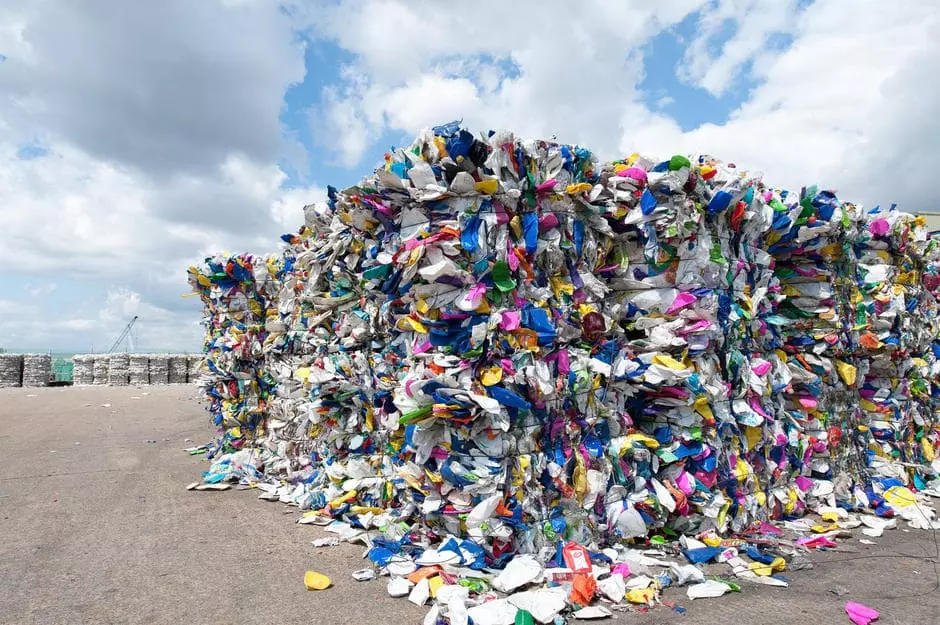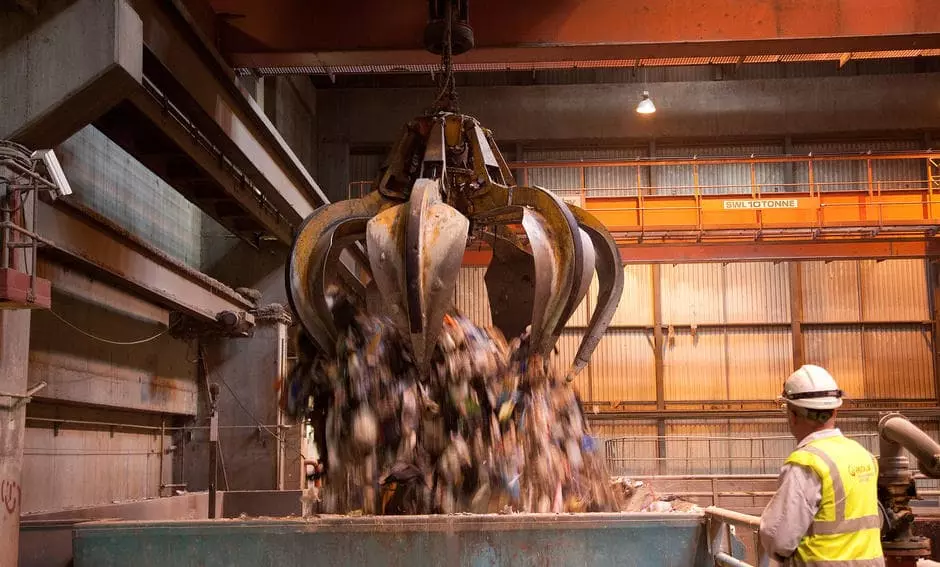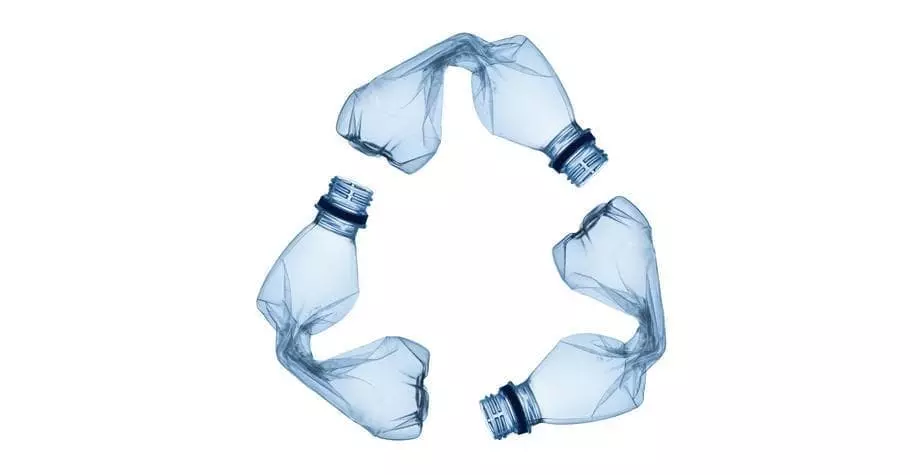With recycling targets looming and awareness of climate change rising, Veolia teamed up with YouGov to conduct research into what is hindering the public’s green efforts.
How long have you spent analysing your products and packaging, scanning over them with an eagle-eye for the key information which will direct you to their recyclability?
Well, you’re not alone. Our study surveyed over 2,000 British adults on their waste disposal habits. This research found that actually only 8% of people strongly believe that recycling labelling on products is clear and that only 12% of people completely trust this labelling.
This is why we are calling for change and for the introduction of binary labelling which clearly states if a product can or can’t be recycled.
Businesses also have a role to play
This starts to paint a complicated landscape for businesses’ role within these times of change.
The environment is front of mind for consumers, and businesses now accept that now more than ever, they need to take action.
The Government’s Resources and Waste Strategy starts to offer some clarity. The measures, which are underpinned in the Environment Bill, will deliver consistency in collections up and down the country.
The Department for Environment, Food and Rural Affairs (DEFRA) are also working closely with groups like On-Pack Recycling Label (OPRL) to produce clearer recycling labelling.
This Strategy is set to shake up the system and increase the UK’s recycling rates enabling us to compete as a world leader in the sector.
Businesses also need to ensure that they are able to back up any green claims. The phrase commonly used when businesses falsely promoting environmental credibility; you may have already seen the term greenwashing, on social media.
This latest research adds another dimension to an already complex landscape, that despite the growing demand for protecting our environment, there are major discrepancies in where consumers recycle themselves, hindered by the labelling on products and packaging and recycling.
Most businesses want to be sustainable and exist into the long term, and the major changes which are on their way will provide a level playing field to work this way, without freeloaders or greenwash. To achieve this economic circularity all parts of the supply chain need to work together from manufacturers, retailers, consumers, local authorities, waste collectors and processors and including water and energy activities.
The good news, for businesses willing to take the leap, the circular economy is not only beneficial to the environment but with the right guidance is also great for your businesses bottom line.
This is an opportunity for business to become the sustainable activity it aspires to be.
Other interesting findings:
Encouragingly, 66% of people have said it has become easier to recycle in the last 5 years
The older you are, the more likely you are to always recycle either at home, at work or while out and about
91% of people agreed that recycling is indeed ‘worth it’, in terms of time and energy output
--- RELATED ARTICLES ---
Sweden introduces energy from waste tax on refuse derived fuel (RDF)
Sweden is introducing a new tax on refuse-derived fuel (RDF) set to impact businesses throughout the UK and Ireland. Find out what this means for you.
Plan For Plastics
Plastic was introduced as a material marvel, unfortunately, pathways have opened up resulting in plastic waste ending up in the natural world. Find out more about our three-step approach to boosting plastic recycling.

UK Plastic Pact, Tackling Plastic Waste
The UK Plastic Pacts 100 members are focussed on ambitious targets to tackle plastic waste in the natural environment, find out more about progress so far.




